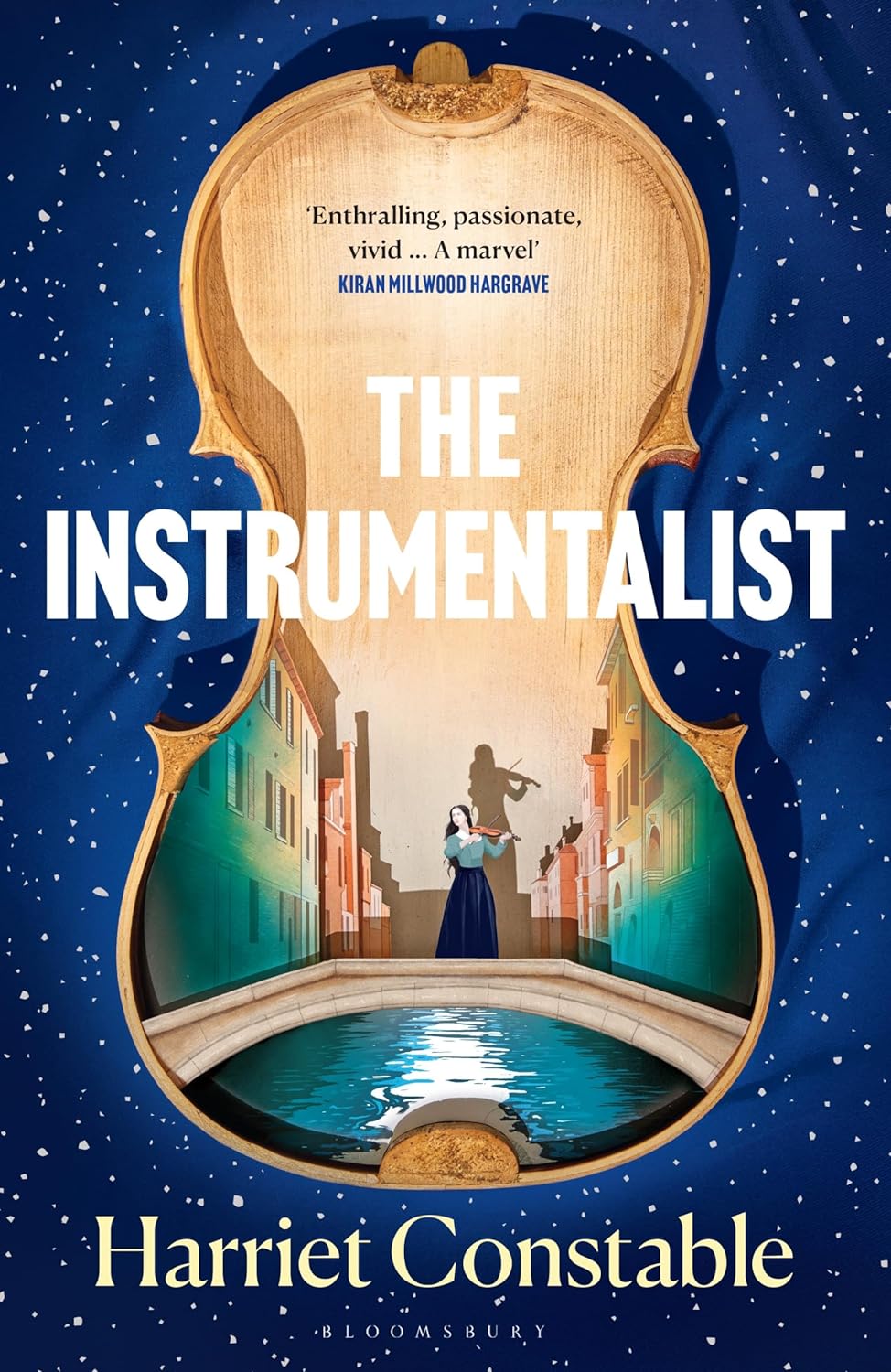What do you think?
Rate this book


336 pages, Hardcover
First published August 15, 2024
And when her daughter asks what she might do with her life one day, what she might be, she will tell her: anything.
A dazzling historical debut set in eighteenth-century Venice, about the woman written out of the story of one of history's greatest musical masterpieces
Venice. 1704. In this city of glittering splendour, desperation and destitution are never far away. At the Ospedale della Pietà, abandoned orphan girls are posted every through a tiny gap in the wall every day.
Eight-year-old Anna Maria is just one of the three hundred girls growing up within the Pietà's walls – but she already knows she is different. Obsessive and gifted, she is on a mission to become Venice’s greatest violinist and composer, and in her remarkable world of colour and sound, it seems like nothing with stop her.
But the odds are stacked against an orphan girl – so when the maestro selects her as his star pupil, Anna Maria knows she must do everything in power to please this difficult, brilliant man. But as Anna Maria’s star rises, threatening to eclipse that of her mentor, the dream she has so single-mindedly pursued is thrown into peril…
From the jewelled palaces of Venice to its mud-licked canals, this is a story of one woman’s irrepressible ambition and rise to the top, of loss and triumph, and of who we choose to remember and leave behind on the path to success.
The figlie di coro is considered the greatest orchestra in the world. There are other orchestras in the Republic and beyond, but the Pietà’s one is unsurpassed. There are about forty members, and most girls are auditioned at sixteen… They get nicer clothes, more regular baths, better food…. if you’re not in the figlie by seventeen, you’re put to work—lace-making or dishwashing or something else awful…
Most of the members are in their late teens, early twenties. Girls can choose to stay in the orchestra their entire career, so getting a spot is tough. But places do become available every year. The pestilence killed half the orchestra once. That would have been a good year to audition...